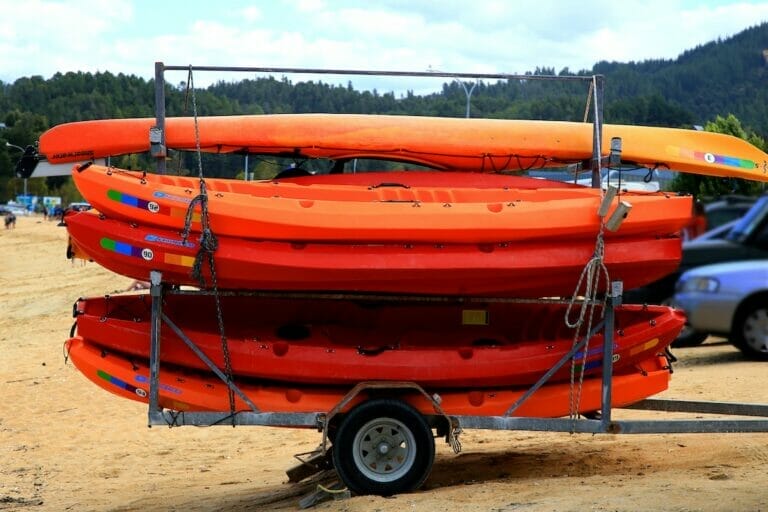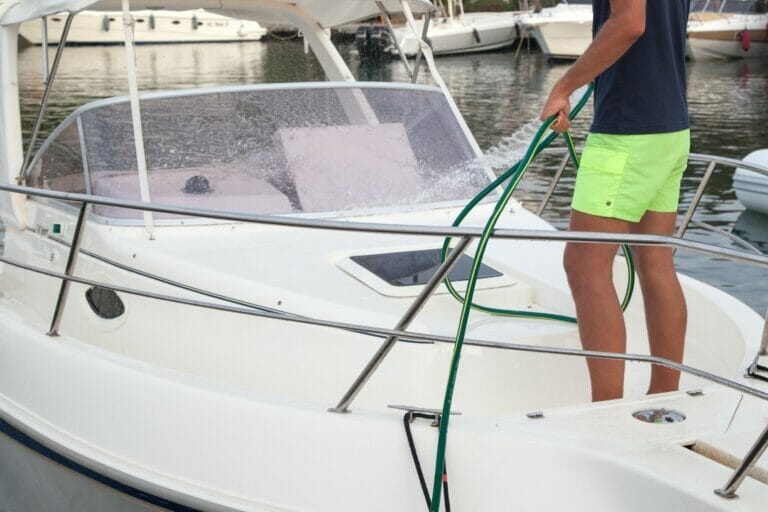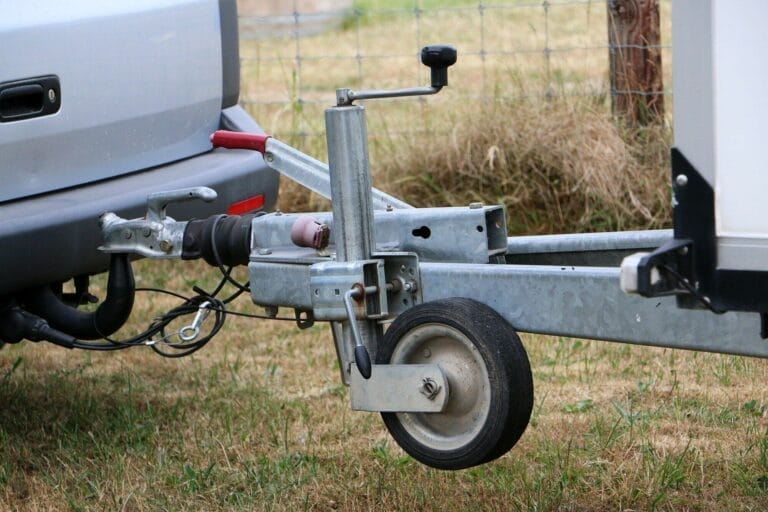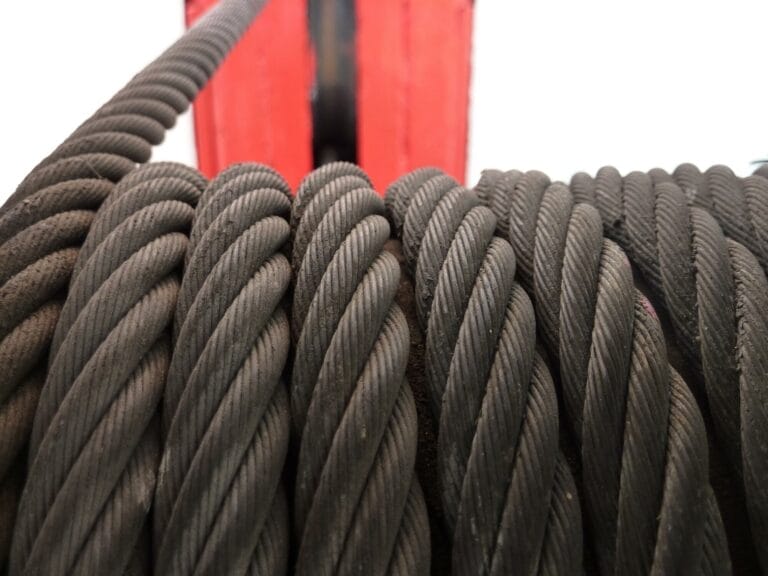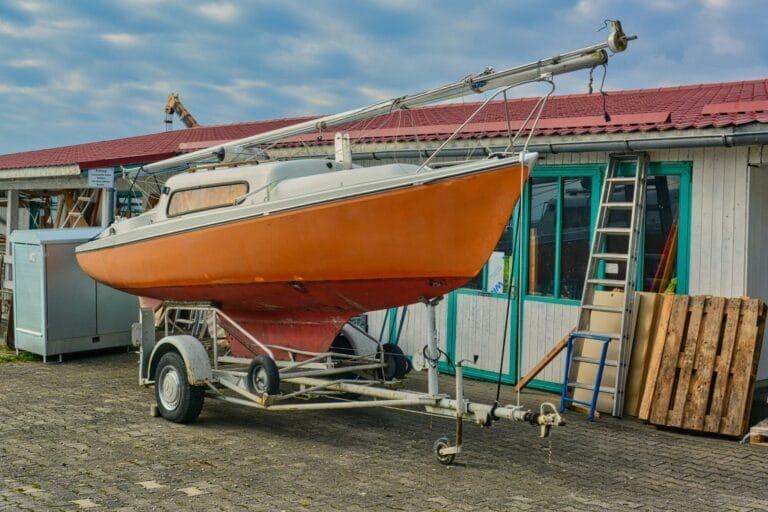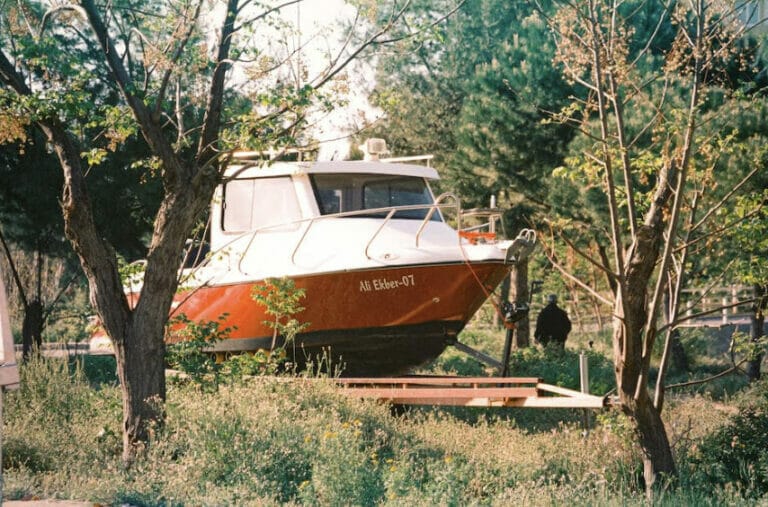The Important Parts to Cover in a Boat Trailer Service
If you’re one of the 12% of American households that own a boat, you know how important it is to stay on top of maintenance.
Obviously, thoroughly maintaining your boat is a big job and something that has a steep learning curve. What many new boaters tend to overlook, however, is boat trailer service. Your boat trailer needs to stay in great shape to get your boat to and from the water in one piece.
The consequence of poor maintenance is pricey boat trailer repairs, on the cheap end. On the expensive end, your faulty boat trailer could end up damaging your boat, which could cost many thousands of dollars.
Today, we’re going to help you wrap your head around boat trailer maintenance. Read on and you’ll have a go-to guide for inspecting, maintaining, and repairing your boat trailer.
Tire Pressure
We don’t need to tell you the amount of wear your boat trailer tires deal with due to the weight of your boat. Your trailer takes the boat’s full weight, so tire pressure is an obvious concern for any owner.
Poor tire pressure is probably the most common issue that occurs with boat trailers. Each time you take the boat out, you should check the walls of the tire and inflate the tires to the recommended pressure.
Every boat owner should keep an air pressure gauge and air pump with them to inflate the tires on the fly. You don’t want to end up with a flat at the worst possible time.
Tire Tread
While you’re checking the tire pressure, you should take a look at the tire tread as well. Whenever you see the tire tread wearing unevenly, it’s usually because the trailer has a bent or misaligned axle. It could also be down to poor trailer storage, which can also damage the sidewall of the tire.
Continuing to drive on a wonky axle is a recipe for an expensive disaster. Driving on tires with low tread or a damaged sidewall will do just the same.
If your tread is completely gone, you should replace the tire immediately, but also bring your trailer in for a professional inspection. Trailer tires should last somewhere between 5 and 10 years, so if they’re wearing quickly, it’s a sign of a bigger issue.
Inspect for Rust
Boat trailers experience more issues with rust due to the nature of their work. Around once per month and for the reasons mentioned above, you should take a close look at the axel for rust and other damage. You can do the same to the safety chains and hitch ball.
Corrosion/rust and cracking in any area of the trailer will cause you major problems. If you have a rusted axle, you could experience alignment issues, or worse, the structural integrity of the entire trailer could be compromised.
With the hitch ball and safety chains, it could mean that your boat trailer isn’t properly secured to your vehicle or that the boat itself isn’t secured to the trailer. Either of these concerns could end up being a costly inconvenience.
Lube Wheel Bearings (and Replace Worn Ones)
Your wheel bearings prevent any difficulties with hauling the boat and provide a smooth ride. Every 6 months, you should be inspecting your wheel bearings for rust (and other damage) and lubricating them.
By lubing the wheel bearings regularly, you can stave off corrosion and improve their performance. Always use marine grease and start by removing the cover on the wheel bearing before applying a single thin layer of grease and replacing the cover.
If you notice that the wheel bearings are showing signs of rust or wear, try to replace them quickly. Continuing to use the trailer with bad wheel bearings can make your ride uncomfortable and put the trailer at risk of collapse.
Lube the Coupler
Since you’ve got the marine grease out, you can also inspect the coupler and give it a lube. The hitch ball and coupler need to stay in good shape to ensure you’re safely hauling your boat trailer.
Regular lubrication of the coupler will guarantee a secure connection between your vehicle and the trailer. This greatly lessens the risk of an accident while you’re in transit.
Check the Boat Trailer Brakes
Not all boat trailers have brakes, but if yours is hauling over 3,000 pounds, it probably does. For that reason, this is one of the most important aspects of your boat trailer service.
If you don’t have any experience inspecting the brake system on your trailer, it’s better to consult a professional. These things can be complicated, so you need to know what you’re doing to ensure the safe operation of your trailer.
Start by inspecting the brake fluid reservoir, as well as the brake fluid lines to see if there are any leaks or signs of damage. The master cylinder of the reservoir is under the hood of your car, while the lines go from the front axel into the frame tubing.
Fluids go down as brake pads wear out, so top the fluid off as needed. If it goes down suddenly, you may be leaking somewhere in the brake system.
Next, inspect the brake pads/shoes for wear every few months. There should be a slot down the center of the pad indicating how worn down they are. If you can’t see the slot, you need to replace them.
Test the Lights
The last thing to do is test the electrical connection. Get someone to sit in the car and press the brakes to make sure the lights are working. Always make sure the connection is covered to prevent corrosion on the metal pins.
Get a Professional Boat Trailer Service
Follow this boat trailer service guide and you won’t have to worry about any unforeseen issues arising with your trailer. You’ll always be able to get your boat safely to the water and back to storage. Fail to maintain the trailer and you could risk very costly damage.
Sometimes, the best thing to do is seek professional help. At Owens & Sons, we’ve provided custom aluminum boat trailers, slide-ons, and trailer repairs to boaters around the country for nearly 40 years.
Contact us today to schedule your boat trailer service and keep your trailer in tip-top shape.

